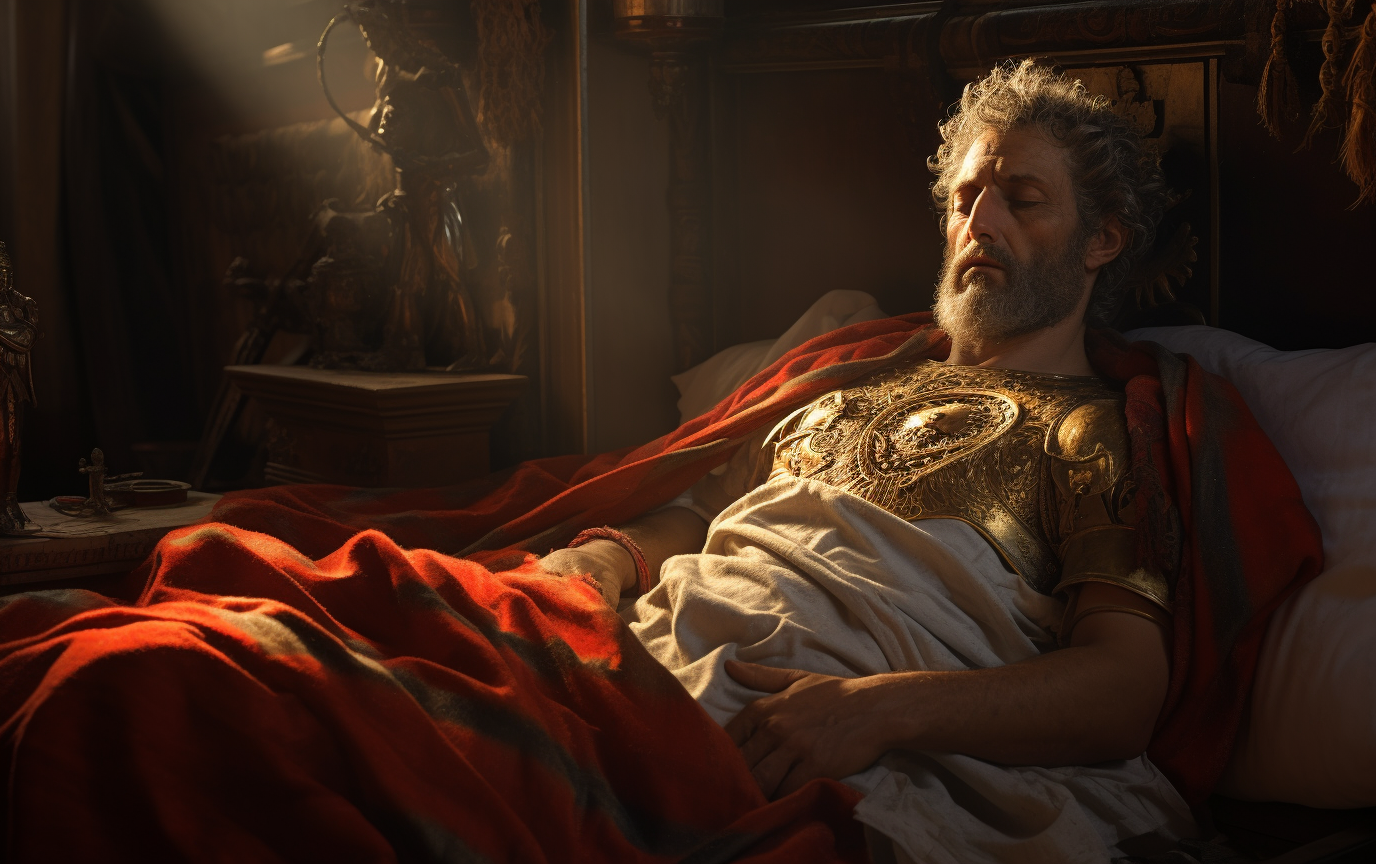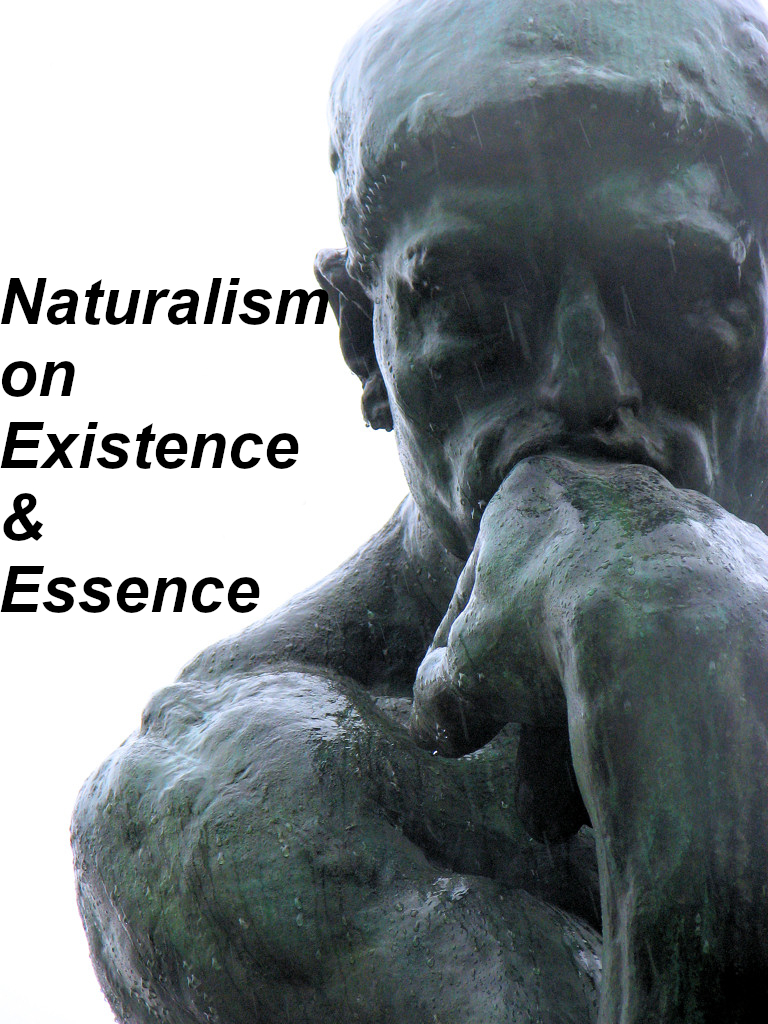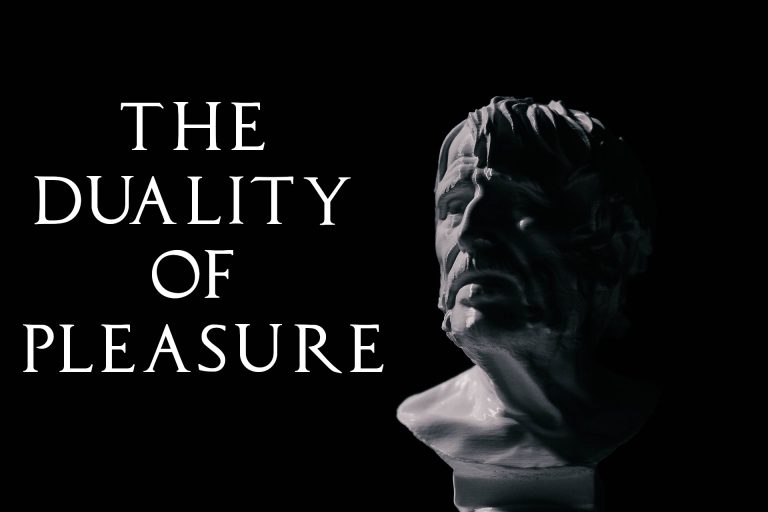
There’s this wonderful German word I like to use—zeitgeist. If you type this word into Google the first definition—which serves as the theme of this article—defines it as: “the defining spirit or mood of a particular period of history as shown by the ideas and beliefs of the time.”
Between 161 – 180 AD, the zeitgeist or spirit of that period in Roman history was defined by Marcus Aurelius. He was ruler of an empire stretching from the British isles to Syria, had Roman legions carrying his face on a standard (the imago, which was a gold portrait of the emperor’s head on a military standard) wherever they marched and he personally spearheaded the defence against barbarian incursions threatening the empire.
Unlike Caligula, the lofty role as Roman emperor didn’t let all that power go to his head! By Marcus’ writings in his Meditations, it shows how well aware he was of change and decay as being the unstoppable forces of nature that they were. He knew that even with all his power and authority he could not stop the way of things and accepted that his very own body was susceptible to sickness, aging and death.
He was wise to the reality of impermanence and accepted it wholeheartedly in the spirit of amor fati. Here’s a lengthy quote I pulled from Marcus Aurelius’ Meditations:
“Consider, for example, the time of Vespasian. You will see everything the same. People marrying, having children, falling ill, dying, fighting, feasting, trading, farming, flattering, pushing, suspecting, plotting, praying for the death others, grumbling at their lot, falling in love, storing up wealth, longing for consulships and kingships. And now that life of theirs is gone, vanished” Book 4, 32
Marcus gives us this panoramic description about human activities during the rule of Vespasian, but during Marcus’ lifetime, many things similar to what he described were also happening within his empire. Gradually all those situations, the circumstances and manifold events which transpired under both Vespasian and Marcus’ reign soon passed. All that was left were only the memories which served as the echoes of bygone times. Those memories harboured inside the heads of those people as witnesses to those events were the only ones able to recollect them privately in their own minds—they too eventually died off as time’s arrow flew on taking their memories with them. Marcus knew that the era dominated by his spirit would inevitably pass just like the era of Vespasian’s reign.
Later, during the dark ages and long after Marcus, people were doing those same activities; some things never change! During the mayhem of the French revolution, heaps of drama were to be found throughout all of France, what with the storming of the Bastille, the killing of the aristocratic classes by guillotine, the ‘Declaration of the Rights of Man and of the Citizen’ among others things during that turmoil.
“Just because you do not take an interest in politics doesn’t mean politics won’t take an interest in you.” – Pericles
2020, as the start of a new decade, was characterised by the coronavirus pandemic which made an impact on many countries and its citizens worldwide; this certainly was the case for Britain. The government and media did their part in defining the pandemic as the looming zeitgeist of that year. The mass psychology of the populace was affected, supermarkets were overrun with panic buying; shoppers swiping toiletries off the shelves, particularly toilet paper rolls and hand sanitizers with feverish rapidity (pun intended). If you wore a face mask around a British town in late 2019, people would look at you twice and start thinking you’re not the full shilling. People were told to stay in their homes and isolate in hopes of breaking the chain of infection, to do their part in helping lower the number of COVID-19 cases. Think back to a moment in your life when everything seemed certain, only to change in the blink of an eye. Have you ever considered how the fleeting trends and events of today will become mere memories tomorrow? Imagine standing in a bustling 2020 supermarket aisle, witnessing the frenzy over toilet paper! How quickly that moment passed into history!
All the drama, both significant and trivial, reported and unreported, that took place within that year—marked by frustrations and the questioning of liberty—has flown by like a sparrow darting from a perch on one tree to another one. All zeitgeists are destined to become memories and a footnote in the ever expanding book of recorded human history. When a new zeitgeist is on the horizon, the stoic expects this and thinks ‘here we go again’ as his/her attitude. The stoic sees everything as a passing memory, all those situations, activities and events are now merely things that happened and are now history compared to the present moment of the here and now it’s as if they never existed at all.

